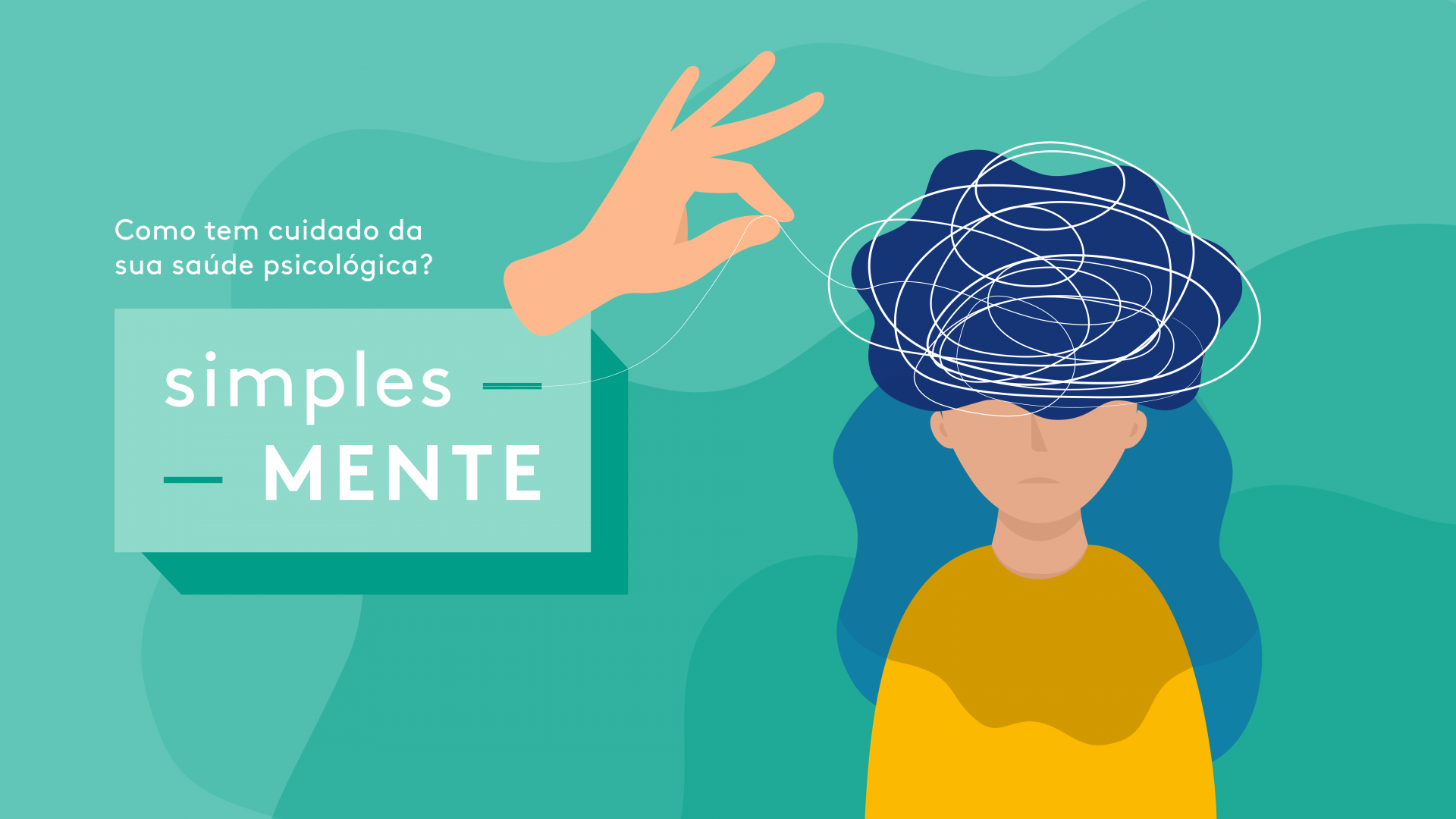
If you were given the right to have a superpower which would you choose?
We asked this question in one of our group activities, and the most heard answer was “I would like to have the ability to stop/slow down time”.
Do you agree with this choice too?
Certainly many of us would like to have this superpower, which is like saying, to have a button that allows us to pause time, to be able to respond effectively to the multiple tasks of everyday life, whether they are related to work, study and/or others.
In the absence of this superpower, and as human beings, it is important to continue to develop/fine tune our time management capacity and, above all, energy management resources, authorizing us to press the “pause” button of a controller that only we have. However, this is where obstacles may start to arise - doubts regarding the legitimacy of this “take a break”.
Do you often feel guilty when you take a break because of the amount of work you still have to do? Do you think you're wasting time?
Regular breaks, whether relaxing (i.e. stretching...), social (i.e. talking to colleagues), cognitive (reading the news/watching a video...) or nutritional (eating or drinking something), constitute a need and a must.
Not taking breaks, especially when involved in more cognitively demanding tasks, can affect productivity and well-being. Let our brain say it2. Without space to recharge batteries, we can become less efficient, less task-committed, and make more mistakes. Therefore, it is necessary to allow yourself to take a step back/slow down to be able to move forward, without feeling guilty.
Still not convinced of the advantages of allowing yourself a break?
Let's look at another example. Surely you have had to deal with some problem situation, which seemed to have no solution in sight, and only after distancing yourself from it and resting ("sleeping on the matter"), you were able to return to the task with renewed strength and with a new perspective
Several studies1,2,3 show that break times are essential to improve attention, concentration, motivation, memory, creativity and learning. They allow you to increase energy levels throughout the day and maintain performance. They also help to reduce decision fatigue, which can lead to simplistic and hasty decisions, as well as procrastination. They also help to prevent/reduce stress and promote physical and emotional well-being.
“TAKE A BREAK” must therefore be a conscious decision between work/study sessions.
The mission will be:
To achieve this mission in an optimized way:
- Schedule breaks (you can even set an alarm, signalling the start and end of the break), but above all learn to listen to your body and its needs.
- Take a 5-15 minutes break every 1 hour of study/work, and a break of over 30 minutes every 2-4 hours (or follow the Pomodoro technique), as well as take breaks in situations where you ceased to stay focused or when you change from one subject to another and need to reenergize.
- The type of breaks to take should depend on the type of work you have in hands. You should not pause when you are in a flow state, that is, when you are engaged/focused on what you are doing
- There are more or less effective breaks, so it is important to be aware of what works for you or what, on the other hand, fosters procrastination patterns. For example, it might not be a good strategy to watch TV, play a video game (…) in a 10-minute break.
- Before taking a break, make a few notes of where you left off on the task. When you return, don't think about how much you still have to do, as this could lead to justifications for postponing the task. Take action and remember: it will always be one step at a time, until you reach the goal, being at this moment more prepared and with more vigour.
- Monitor the gains that breaks bring to your mood and performance.
If none of these breaks is possible, depending on the situation you are in:
- Change tasks within what you are doing (i.e. if you are preparing a paper on a topic, and you feel tired, interrupt the theoretical preparation in progress and do something different within the same project, such as looking for images to illustrate the work).
- Look away from the screen (preferably every 20 minutes).
- Talk to a colleague/clarify any question
- …
Do you have other suggestions for breaks?! Share them with us!
Remember to “TAKE A BREAK” to give your brain a break, regain energy and continue to work successfully towards your goals.
* To inspire your choice of activities, we share some links
- Relaxation/physical exercise activities
- Short videos
References
1Hughes, G. & Kirkman, A. (2021). The importance of taking breaks - The wellbeing thesis: University of Derby [link]
2Selig, M. (2017). How do work breaks help your brain. Psychology Today. [link]
3Weir, K. (2019). Give me a break. Monitor on Psychology, 50, 1. [link]
4Milner, C. & Cote, K. (2009). Benefits of napping in healthy adults: impact of nap length, time of day, age, and experience with napping. Journal of Sleep Research, 18, 272-281 [link]
Randolph, S. (2016). The importance of Employee Breaks. Workplace Health Saf, 64, 7. [link]
Carla Vale Lucas and Ana Rita Sobral
Student Support Office

